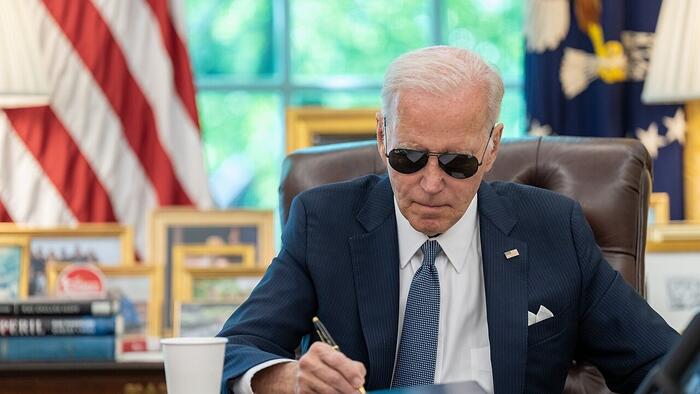In the aftermath of the presidential election where President Trump secured a landslide victory over Kamala Harris, there has been an increasing blame game within the Democratic Party, turning against President Joe Biden. Notably, Reuters highlighted frustration from major Democratic donors and officials who criticized Biden for his prolonged candidacy, questioning why he did not withdraw sooner, especially given concerns about his health. Some attributed the electoral loss to “malpractice” on the part of Biden’s inner circle, suggesting a failure to provide him with honest feedback. The apparent sense is that not only did Biden contribute to the party’s defeat, but so too did the dynamics of his advisory team, which failed to challenge him or adapt to the changing political landscape.
Further complicating matters for Harris, aides from her campaign expressed that her political future was significantly hampered by her loyalty to Biden. As the election approached, they believed she was encumbered with challenges stemming from Biden’s presidency, leaving her little time or opportunity to solidify her own political identity. Various Democratic voices, disgruntled over the election results, highlighted a crucial moment when Biden, having made a late decision to support Harris, inadvertently weakened her position by not facilitating a smoother transition of power. Consequently, there was a growing sentiment within the Democratic ranks that instead of a collaborative approach, there was a disjointed strategy that led to the ultimate failure at the polls.
Ironically, the criticisms being levied at Biden come despite previous assurances from party officials and media representatives that Biden was mentally fit to continue in his role. The Democratic leadership had consistently downplayed any concerns regarding his cognitive health even as these issues were apparent to many outside the party. As election results rolled in, revealing a significant defeat, the party’s internal narrative began to shift, acknowledging aspects of Biden’s decline that had previously been ignored. This introspection has prompted many to call out the hypocrisy in the party’s earlier stance, revealing a fundamental disconnect between perceived competence and reality.
The Democrats’ failure to establish a robust primary challenge against Biden has also come under scrutiny. Many political analysts and party supporters began questioning the wisdom of allowing Biden to remain unchallenged, indicating a sense of complacency that ultimately backfired. With the urgency for a viable candidate, the lack of proactive measures leading into the election cycle left the party scrambling for solutions. Delayed decision-making on when to address Biden’s capacity to lead has created a narrative of panic and misplaced confidence within the Democratic structure. As frustrations mounted, the calls for introspection have only grown louder, urging party leaders to own their past decisions.
Adding to the chorus of discontent, bloggers and social commentators are echoing dissatisfaction with Kamala Harris as a candidate. They argue that her selection was misplaced and that the party should have considered other potential leaders in the primaries rather than settling for an individual perceived as inexperienced in the political arena. Critics on social media expressed that Harris’s perceived inadequacies have glaringly surfaced in the wake of defeat, suggesting the Democrats should critically re-evaluate their candidate selection strategies and decision-making processes moving forward. The backlash against both Biden and Harris appears rooted not only in their performance but also in the perceived lack of genuine political engagement and preparation within the party.
As the dust settles from the election, it remains clear that the Democratic Party finds itself at a crucial crossroads. Rather than accepting the blame collectively, factions within the party are engaging in a blame game aimed especially at Biden. However, it’s essential for the Democrats to reconcile these internal conflicts by acknowledging their collective missteps, fostering a culture of accountability, and ultimately returning to principles that prioritize candidates who can effectively engage with the electorate. Recognizing past errors in judgment will be pivotal for rebuilding trust with supporters and addressing the factors that contributed to their electoral demise.
While those within the Democratic Party engage in discussions about leadership and candidate viability, they must also confront the realities of the political landscape they inhabit. The inability to present a viable or compelling alternative to Trump reflects not only disorganization but also a failure to adapt to the demands of an evolving electorate. Going forward, it will be imperative for party leaders to reassess their strategies, harness the lessons learned from the 2024 election, and successfully pivot towards a more unified and effective approach to politics in order to regain traction in future elections.

